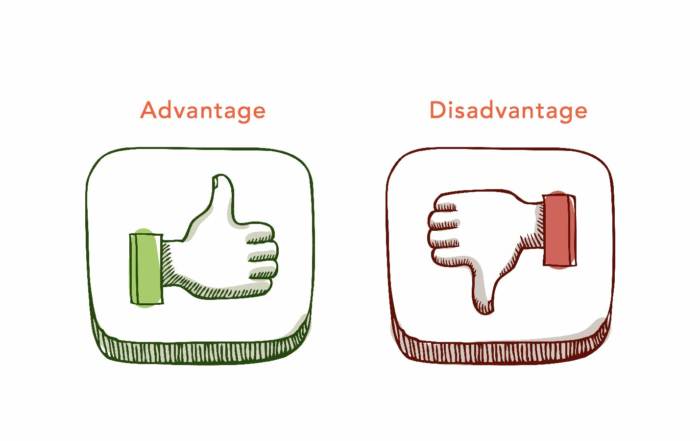
A common question we receive is “what does a property manager do?”. In short, a property manager is someone you hire to handle the day-to-day operations of your rental property. Now, you might be wondering why you should pay someone to oversee your property when you can do it yourself? The thing is, managing a rental property most likely involves more work than you imagine and can become quickly overwhelming, even if you only own one property. Although a property manager’s exact duties vary based on the type of property, the following are typical tasks property managers handle for their clients.
Setting rent
Property managers are experts at setting rent because they know what comparable properties rent for and the character of the neighborhoods they manage. Because of their expertise, property managers also advise you when you should adjust the rent to stay competitive. And, to help you get the highest rent possible, property managers counsel you on what needs to be repaired or updated at your property to maximize rent.
Marketing your property
A big part of a property manager’s job is to find tenants. An excellent property manager knows when to take the best photos of your property and how to write the most appealing listing highlighting your property’s assets. They also understand and utilize the most popular websites and other resources to market your property to the most people, so you have a large pool of applicants from which to choose.
Schedule showings & screen applicants
Property managers handle the entire tenant placement process, so you don’t have to. A property manager fields inquiries, schedules showings, processes applications, runs background and credit checks and shows your property to prospective tenants. Once a tenant is selected, a property manager lets the other applicants know and handles getting the lease signed. Besides saving you valuable time, an experienced property manager is an invaluable resource to help you determine who the most qualified tenants are since they have seen hundreds of applications over time.
Handling leases and disclosures
A property manager handles the entire leasing process, from creating the lease, having it signed to then enforcing it. Besides just saving you valuable time, a property manager knows the state and local laws and what to include in the lease to protect you and your investment.
Understand of landlord-tenant laws
Many landlords, especially those just starting out, are unfamiliar with state and local landlord-tenant laws. Unfortunately, ignorance of these laws can lead to headaches that can easily be avoided. Property managers stay abreast of the law and are invaluable for keeping your policies and property in compliance. These applicable laws include screening laws, eviction laws, deposit laws, lease termination laws, and safety standards, to name a few.
Collect rent and manage the finances related to your rental property
A property manager collects the rent from your tenants and then distributes it to you on a monthly basis. Besides collecting rent, they also enforce and collect late fees and penalties and collect the deposits at the lease signing on your behalf. Some property managers will also pay the bills associated with your rental property out of your rental proceeds. These might include the mortgage, homeowner’s insurance, utilities or maintenance fees.
Most property managers these days have online portals where tenants can pay rent. These programs usually contain owner portals as well, which makes distributing the rent to you almost automatic. And these owner portals do more than just offer a quick way for you to receive your money. Most include the property manager’s monthly accounting of your income and expenses along with thorough records of inspections, signed leases, maintenance requests, complaints, repair records and maintenance costs.
Maintenance and repairs
Property managers handle routine maintenance, repairs, and emergencies such as water leaks or plumbing issues. They are your tenant’s point of contact whenever a repair is needed, or an emergency occurs, which is a tremendous asset if you own property in another city or don’t want to be “on call” 24/7. Property managers have an extensive network of vendors they use, which not only expedites repairs but can save you money since often these preferred vendors provide discounted services to the property manager because of the volume of work they receive from them.
Maintain your property when it is vacant
Vacant properties must be maintained, especially if they are on the market. Property managers look after your empty rental to keep it habitable and ready for the next tenant or sale. A property manager keeps the outside clean, landscaped, and checks on a regular basis that there have been no break-ins or vandalism, an invaluable service if you do not live near your investment property.
Handle move-outs and evictions
Property managers conduct walkthroughs at every move-out to determine if there is damage beyond normal wear and tear. They then have the property cleaned and arrange for any necessary repairs to get it ready to re-rent as soon as possible.
If a tenant defaults on rent, a property manager will oversee the eviction on your behalf. Evictions are time-consuming and must be handled correctly else you risk exposure for failing to follow the law. Property managers are familiar with the proper steps that must be followed to properly evict a deadbeat tenant adding an extra layer of protection for you.
Conclusion
Property managers do much more than collect rent and handle tenant complaints. Some landlords balk at paying someone to run their rental property thinking, “how hard can it be?” however from advertising your property to placing tenants to staying in line with the law, hiring a property manager to run your investment might be worth looking into to save you time and maximize your investment income.
Learn More about all the services we offer by clicking this link: Property Management Services
Sign up to receive our articles by email.



